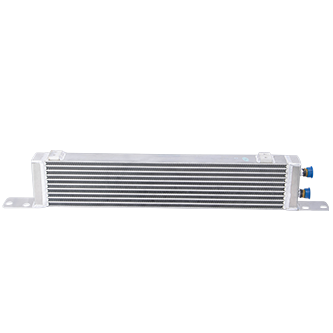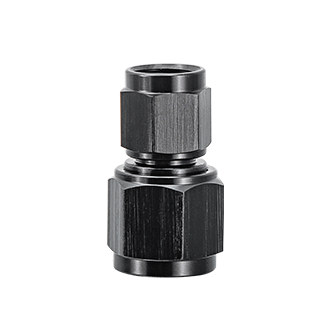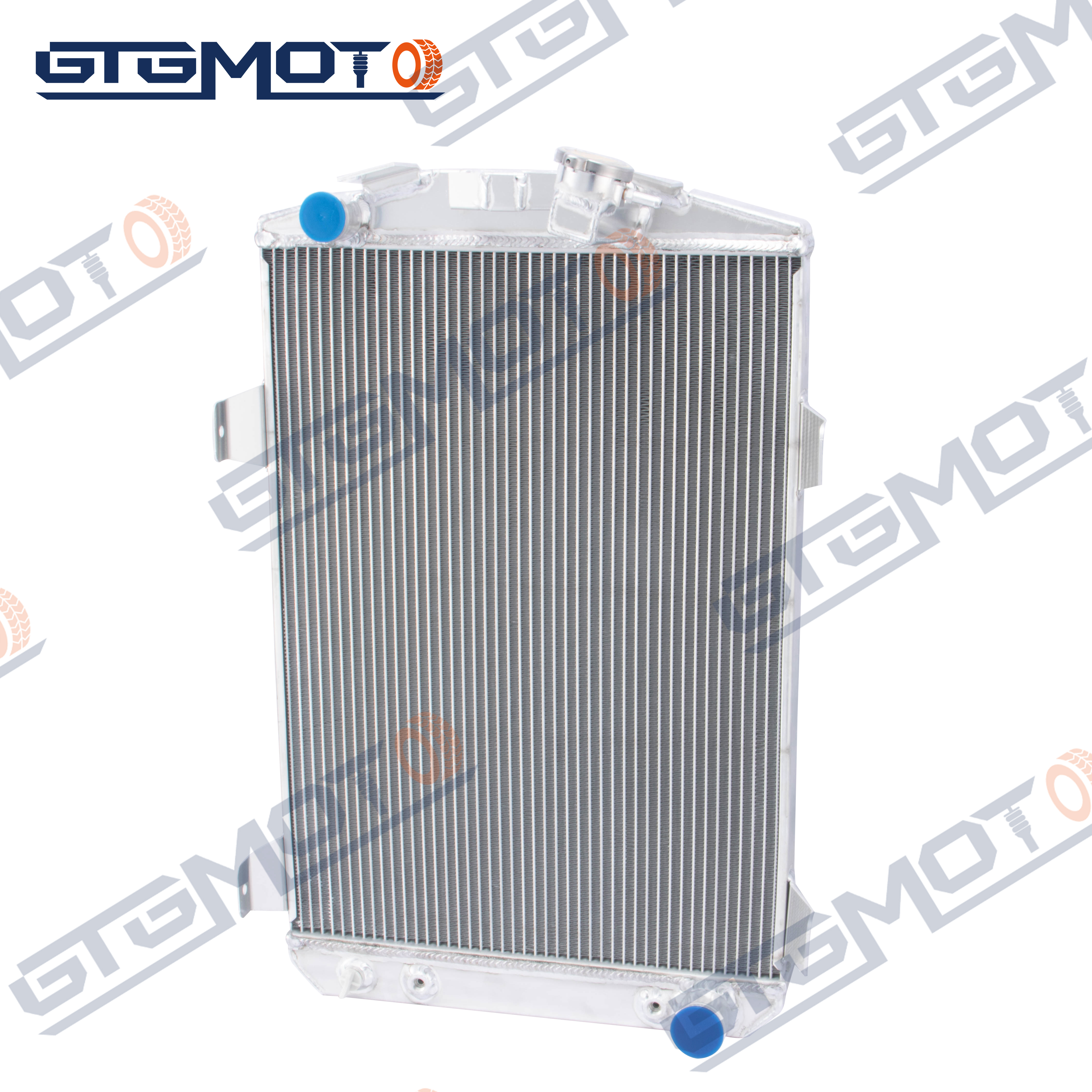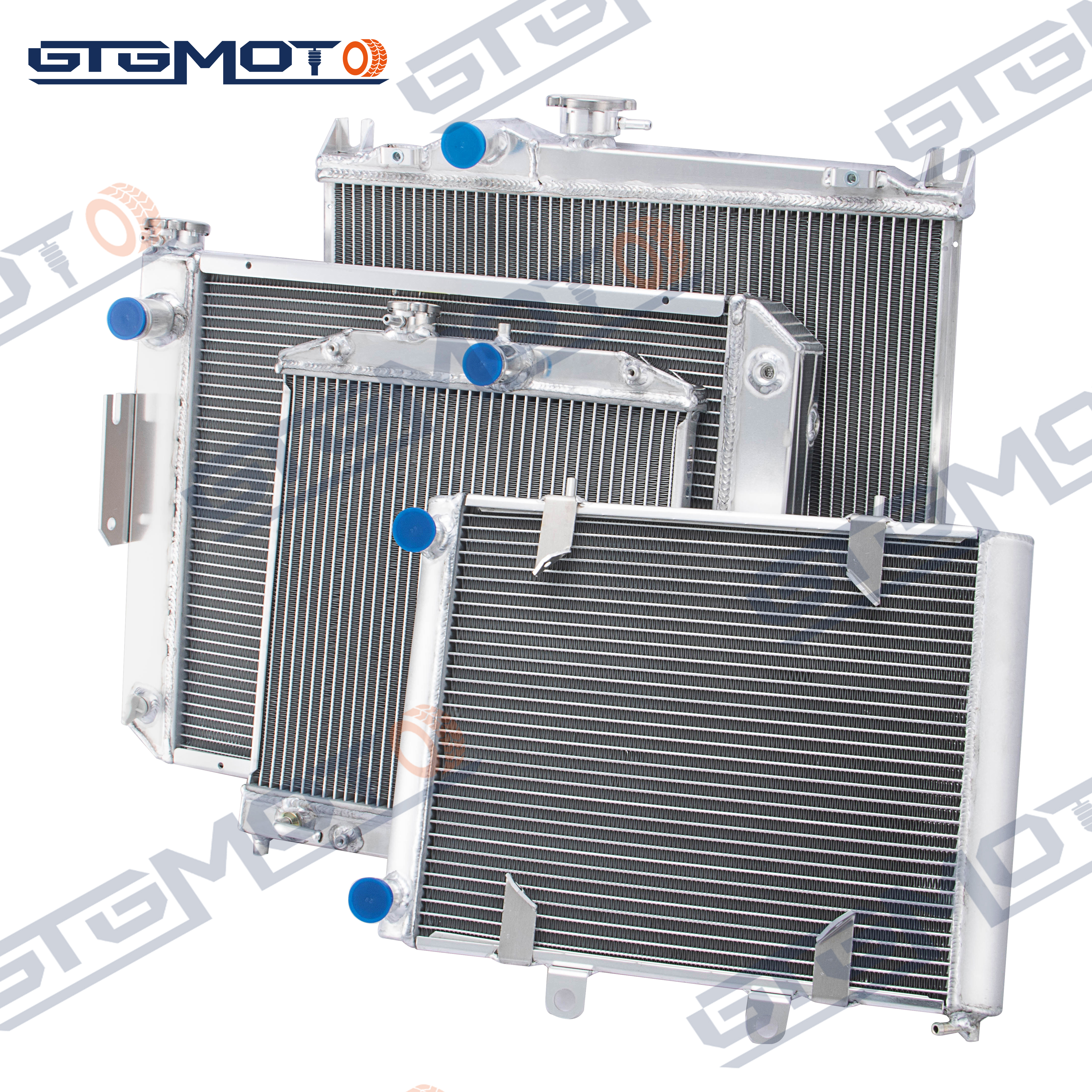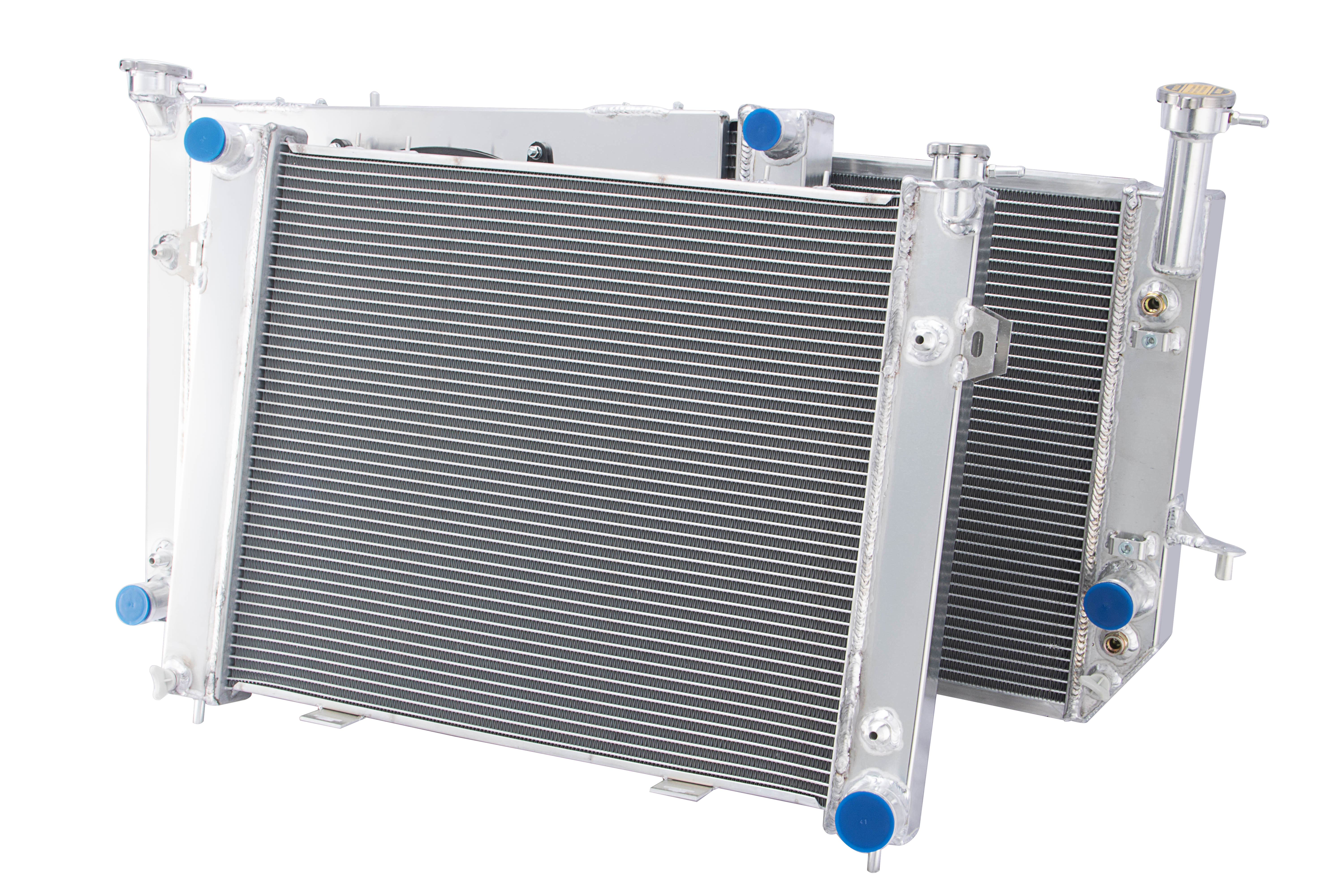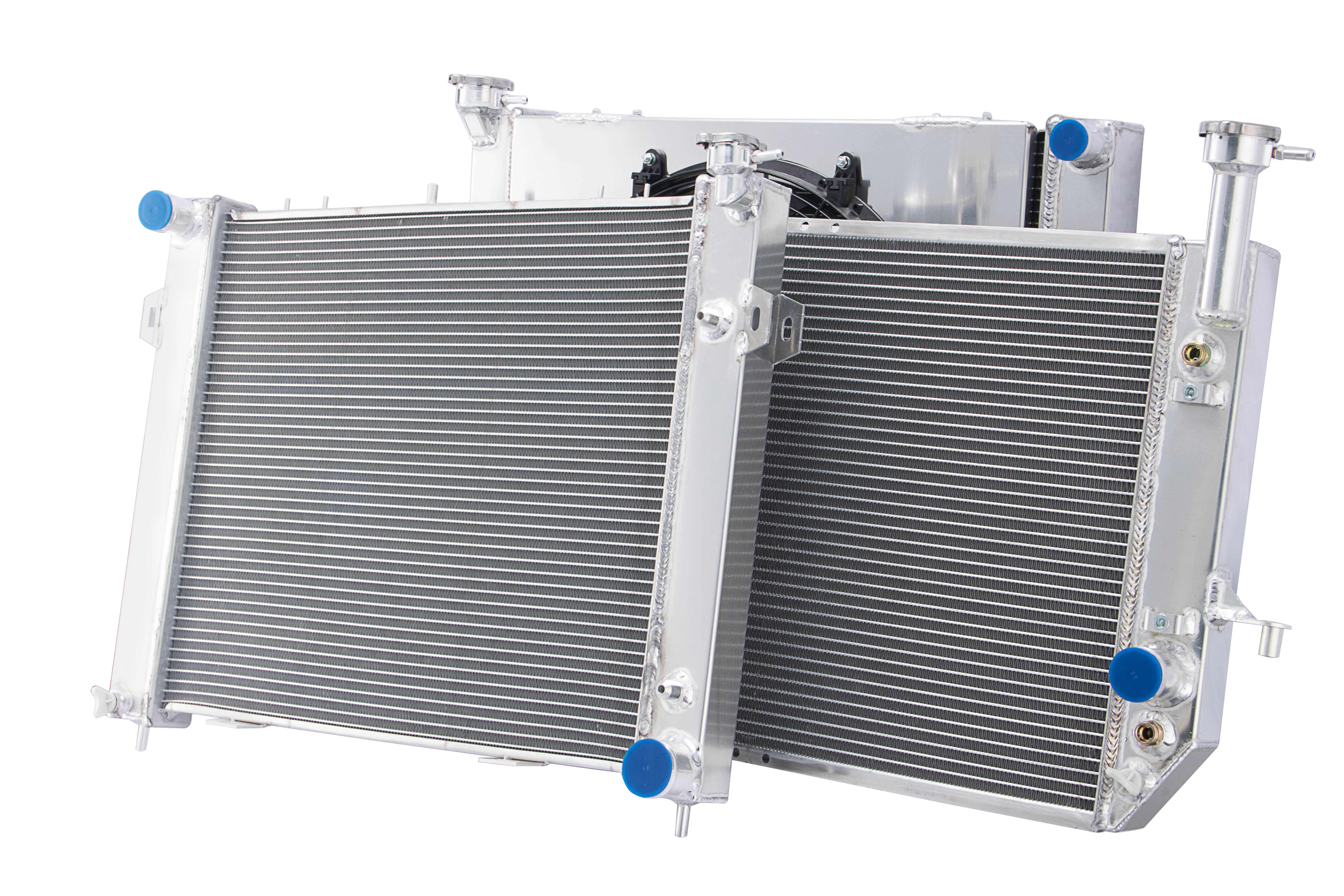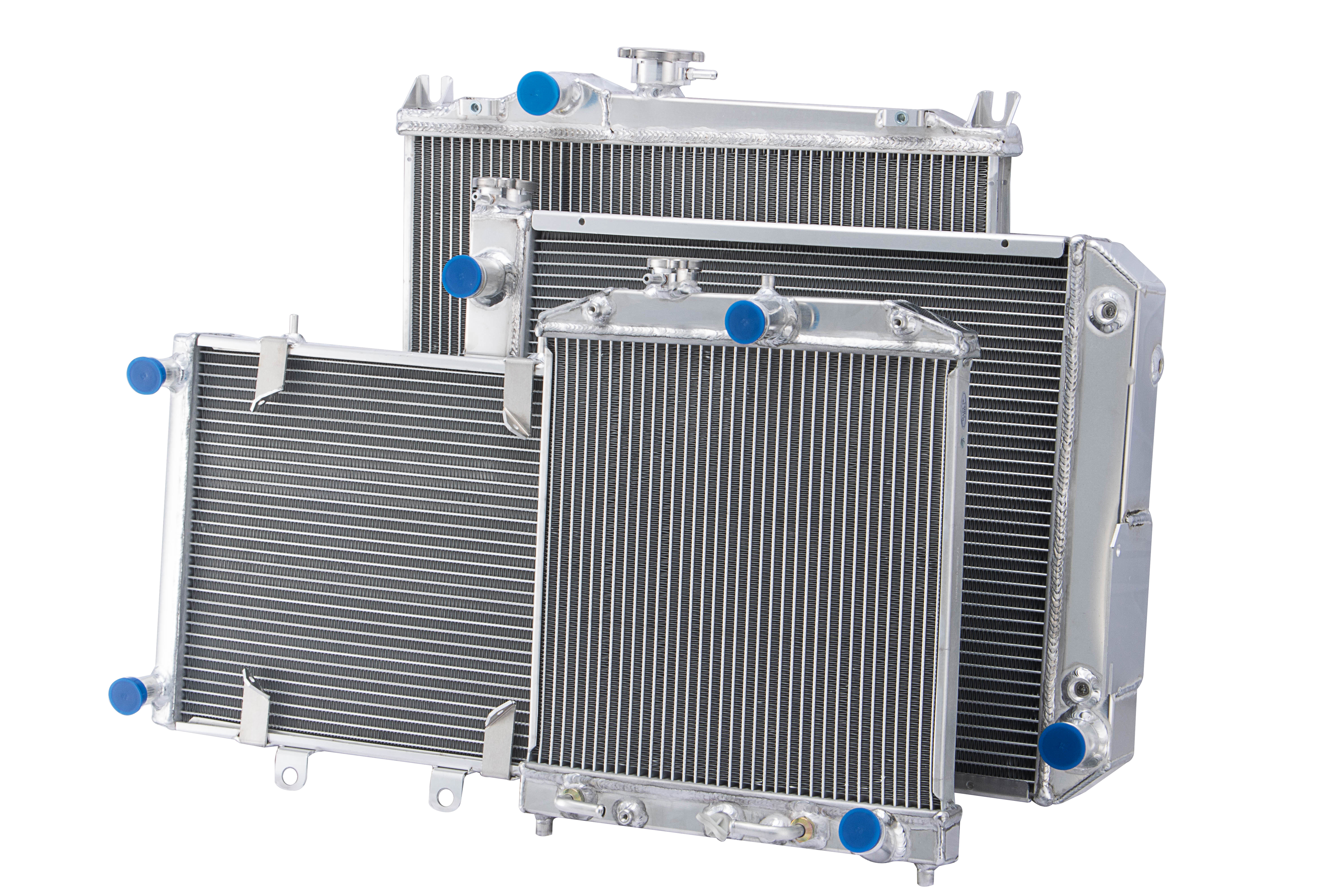auto radiators
Auto radiators are essential components of a vehicle's cooling system, playing a vital role in maintaining optimal engine temperature. These heat exchangers work by circulating coolant through a series of tubes and fins, effectively dissipating heat generated during engine operation. Modern auto radiators typically feature aluminum construction with plastic tanks, offering an ideal balance of durability and thermal efficiency. The radiator's core consists of numerous small passages that maximize surface area for heat transfer, while integrated fans assist in forcing air through these passages when the vehicle is stationary or moving slowly. The system includes pressure-tested caps that maintain proper system pressure, preventing coolant boiling at higher temperatures. Advanced models often incorporate transmission fluid cooling sections, serving dual purposes in automatic transmission vehicles. These radiators are designed with specific flow patterns to ensure uniform cooling across the engine block, preventing hot spots that could lead to mechanical stress. The integration of temperature sensors and electronic controls allows for precise management of coolant flow and fan operation, optimizing both engine performance and fuel efficiency. Regular maintenance of auto radiators, including periodic fluid changes and inspection of hoses and connections, is crucial for ensuring long-term reliability and preventing engine overheating issues.

